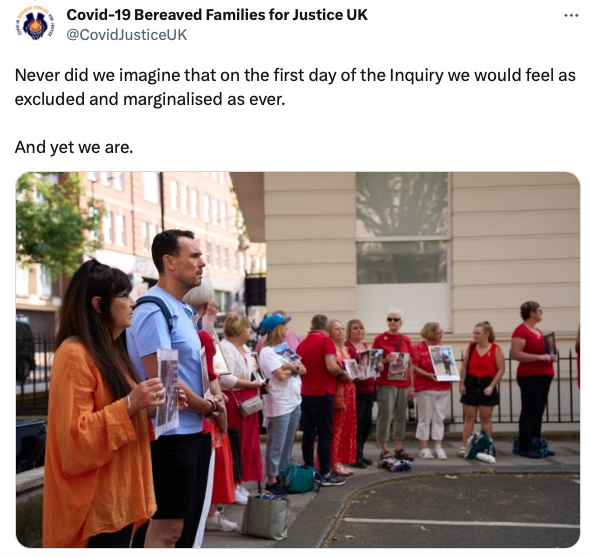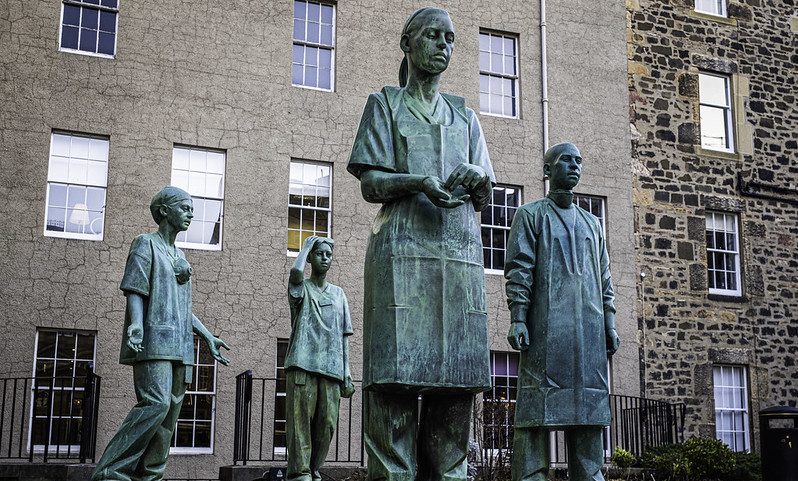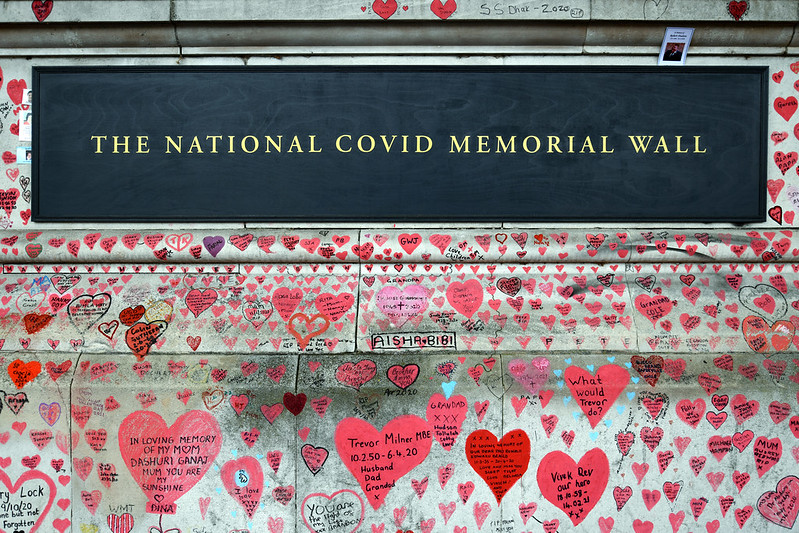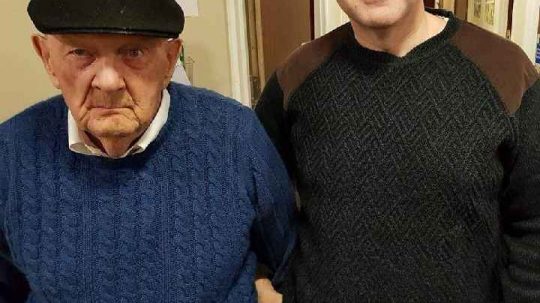Yesterday, as part of the first module of the UK Covid-19 Inquiry (the Inquiry), chair Baroness Heather Hallett began hearing evidence on the country’s preparedness for a pandemic. The Inquiry heard how this was “wholly inadequate” and that a “legacy of austerity” had contributed to the strains the NHS was experiencing.
While bereaved families stood outside the building, with photographs of their loved ones, the Inquiry heard how NHS staff had to use expired personal protective equipment (PPE) as it was predicted stocks would have depleted after two weeks.
In her opening statement to the Inquiry, Baroness Hallett acknowledged the families, saying: “It is on their behalf and on behalf of the millions who suffered and continue to suffer in different ways as a result of the pandemic, that I intend to answer the following three questions: Was the UK properly prepared for a pandemic?; Was their response to it appropriate?; And can we learn lessons for the future?”
NHS staff forced to use expired PPE
The Inquiry heard how in March 2020, NHS England assured the health and social care committee that stocks of PPE were adequate, despite allegedly knowing that most such stocks would not last beyond a fortnight.
Brian Stanton, lawyer for the British Medical Association, told the Inquiry that the limitations of surgical facemasks – and their inability to adequately reduce transmission – were known about as early as 2008.
Stanton said that staff had to go without PPE, use home-made or donated items, reuse single items, or use equipment that was out of date, despite it displaying “multiple expiry stickers visibly layered on top of each other”.
He added that doctors “made aprons from bin liners because they were sturdier than the PPE equipment provided”.
UK preparedness was “wholly inadequate” amid a “legacy of austerity”
Sam Jacobs, from the Trades Union Congress (TUC), also gave evidence before the Inquiry.
In response to the government’s preparedness (or lack of), Jacobs stated: “It [a flowchart plan] looks more like a bowl of spaghetti than a clear and coordinated framework for a cogent national response.”
Jacobs asked the Inquiry to also look at the “legacy of austerity” and the role it played in the country’s readiness to deal with the pandemic. He stated: “It is a simple but inescapable truth that public services stretched to breaking point by over a decade of budget cuts will be severely impaired in their ability to cope with the shock of a national emergency, such as a pandemic.”
Bereaved families gather outside after being denied permission to give evidence
The Inquiry has reportedly rejected all 20 witnesses put forward by the Covid-19 Bereaved Families for Justice to appear in the first module. In addition, it is understood that no witnesses from the group will be allowed to give evidence for the second stage of the Inquiry, which will focus on the political decision-making by Boris Johnson’s former Cabinet.
“We began campaigning for this Inquiry over three years ago. In that time thousands of bereaved families have made enormous sacrifices in the hope that lessons could be learned from our losses, so that others wouldn’t have to go through the same awful experiences.”

Covid-19 Bereaved Families for Justice UK
@CovidJusticeUK
The group continued: “Never did we imagine that on the first day of the Inquiry we would feel as excluded and marginalised as ever. And yet we are.”
Claire Mitchell KC, speaking on behalf of Covid-19 Bereaved Families for Justice Scotland, stated:
“The true human cost of Covid cannot be calculated in numbers. Each of these deaths not only represents an individual… but has affected friends, family, loved ones, colleagues, and neighbours of each one who died.” She added: “No one in the UK has been unaffected by the pandemic.”
Cabinet Office “refusing to return Boris Johnson’s diaries”
Jacobs also stated that the Cabinet Office is refusing to return Boris Johnson’s diaries to him because the former prime minister plans to provide them to the Inquiry.
The Cabinet Office has not commented on the matter.
The first stage of the Inquiry, which will continue until the end of July, calls on evidence from experts and politicians. The second phase of the Inquiry will focus on the political decision-making by Boris Johnson’s former Cabinet.





